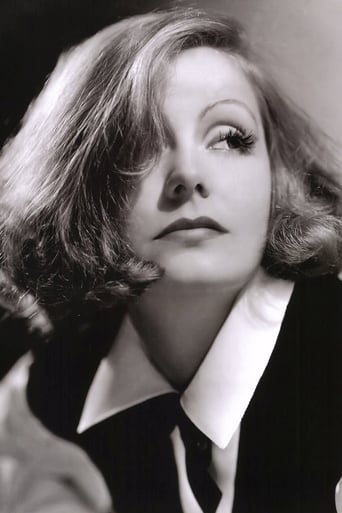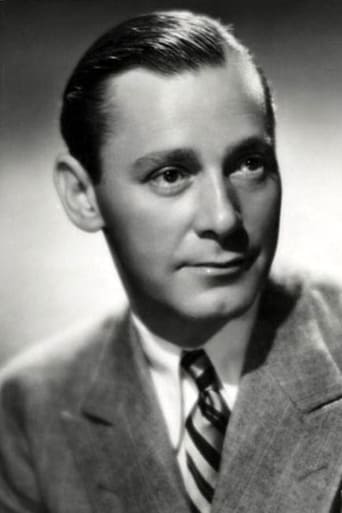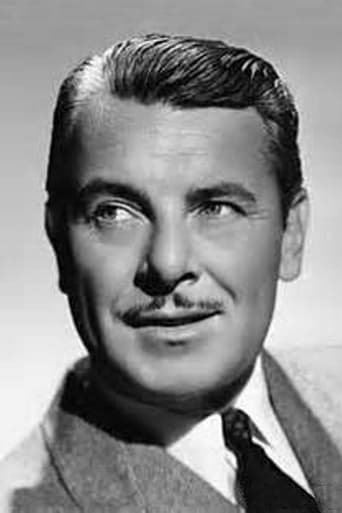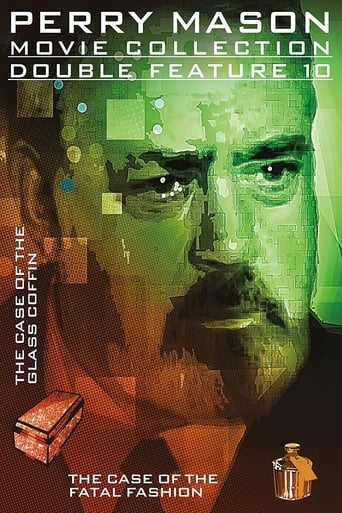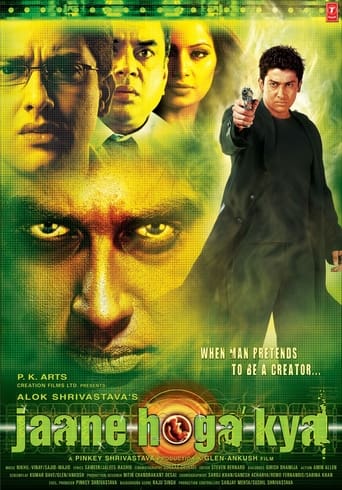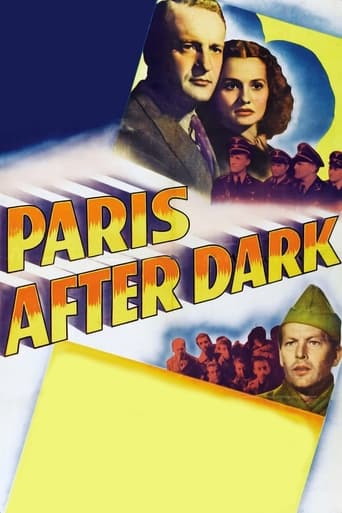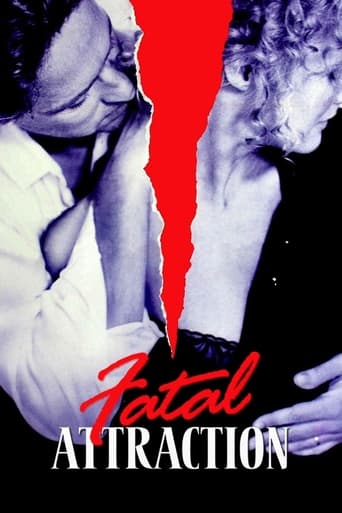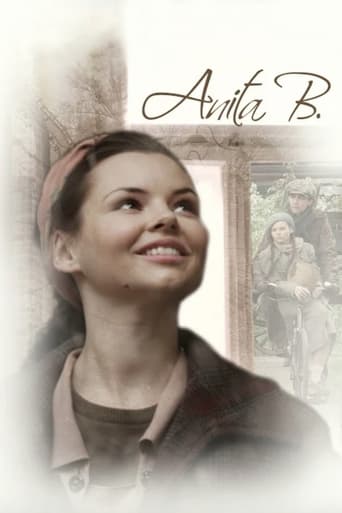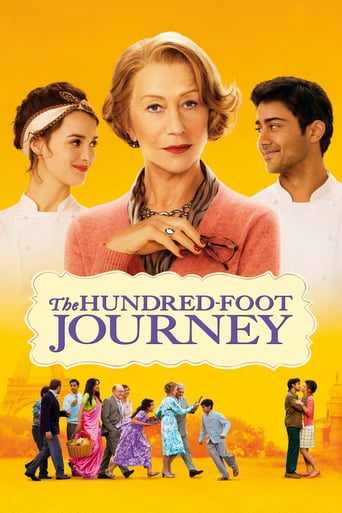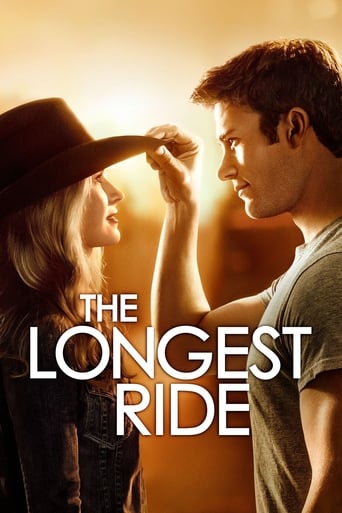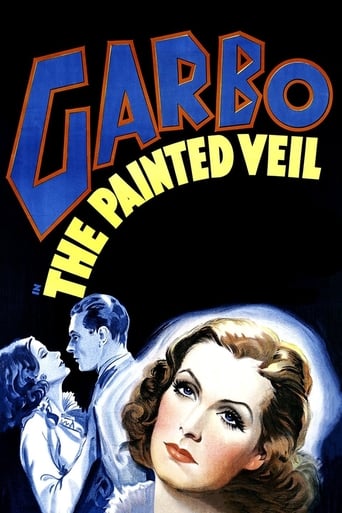
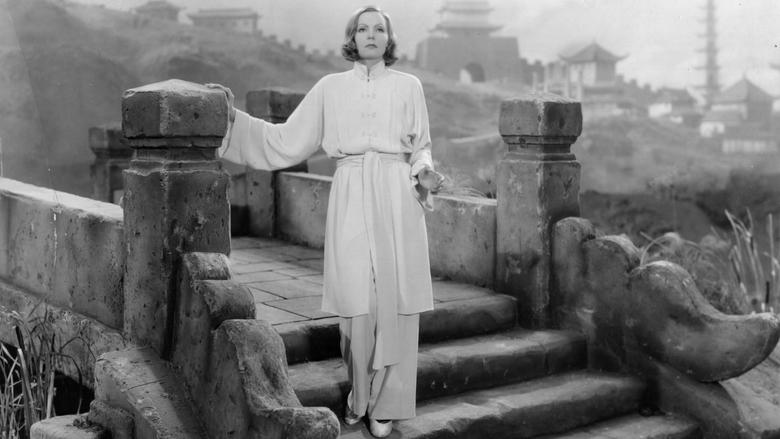
The Painted Veil (1934)
The wife of a doctor in China falls in love with a diplomat.
Watch Trailer
Cast


Similar titles
Reviews
It's a spectacular film, and its magic almost endures until the end, which unfortunately falls flat, abandoning Maugham. You can't do that to Maugham.As far as I know, every single story of his that was filmed, and they were many, were great films, and this is the only one raising a question mark. Was that miserable phony syrup happy end really necessary? Garbo carries the whole film on her shoulders, her magic is here more shining and almost blinding than ever, especially in the beginning, before she gets married, which of course has to end up in disaster - you can't marry a Garbo, not even Herbert Marshall, who actually tries and makes the best of it, but apparently he learned nothing from his previous failure with Marlene Dietrich in "Blonde Venus", where he made the same mistake and got furious of jealousy, but here at least he is not vindictive but rather sacrifices himself, and almost gets Greta Garbo lynched by the Chinese mob as well. Still, he is greatly to be preferred to the even more wooden George Brent, who hasn't found his Bette Davis here yet. Still he seduces Greta, although he is married, and when Herbert Marshall wants to divorce Greta, George Brent doesn't want to divorce HIS wife, which complicates the situation...There were several fantastic Chinese films made in the 30s, and this was just another of them and in some ways the most outstanding of them all. They all do resemble each other, Sternberg's "Shanghai Express", Capra's "Lost Horizon", Pearl Buck's "The Good Earth", Sternberg's "The Shanghai Gesture", Mankiewicz' "The Keys of the Kingdom" and perhaps the greatest of them all, although it took place in Singapore, another great Somerset Maugham film, William Wyler's "The Letter" with a very proper Chinese vengeance on Bette Davis; but this one maybe comes closest to China in the 30s, the scenes from Hong Kong are a joy of genuineness, and the chaos scenes from the interior that finalizes the film complete the Chinese situation of the 30s.It's one Garbo's most unusual films, suddenly she is quite a normal woman, but what a woman! No wonder both men go mad about her, her natural beauty as a normal Austrian is even more striking here than in "Christina", and it's a great film in its intensity and passion and above all its successful and impressive capture of the 30s of China.
This film begins with a failed set-up: specifically, Ms. Garbo's younger sister marries, and it is implied that Garbo is becoming an "old maid". Suddenly, Mr. Marshall's doctor character reveals he has been in love with Garbo since they were 12-year-old schoolchildren. At last, Garbo has a suitor! At last, Dr. Marshall finds a woman! Then, the entire supporting cast is wiped away as the quickly wedded couple moves to China.In China, Garbo wears funny hats and attracts the attention of Mr. Brent. Now, the film is a "love triangle". Next, cholera erupts, giving the doctor's life much purpose (a "War on Cholera"). About an hour into the film, Garbo begins to give flashes of a fascinating acting performance - peaking in the scene where she makes coffee for estranged husband Marshall. Her skills are wasted, however, in this poorly executed film. ***** The Painted Veil (11/23/34) Richard Boleslawski ~ Greta Garbo, Herbert Marshall, George Brent
GRETA GARBO marries a man she doesn't really love (afraid of being an old maid when her sister marries), so HERBERT MARSHALL once again must face the fate he had in most of his films--he's saddled with a wife who doesn't really love him, at least in the first reel.But in THE PAINTED VEIL, Garbo comes to realize that he's more worthy of her love than the scoundrel she meets in China, where she has joined her husband in his quest to fight cholera. The scoundrel is played with his usual indifference by GEORGE BRENT, looking more youthful than audiences would expect who are mostly familiar with his '40s films as a favorite Warner Bros. leading man.Neither Marshall nor Brent has ever had an electric screen presence, but it doesn't matter in this case. The camera lingers lovingly on the face of Garbo as she changes expressions delicately under as many flattering close-ups as could be managed. It's really one of her better performances, less actressy than usual and making it seem credible in the end that she could come to love and value her husband when she sees how he affects the lives of others.Summing up: A bit contrived and melodramatic, but much better than a lot of Garbo films in the early '30s with interesting sets and costumes.
Not often listed as one of Garbo's top films, she still does manage to deliver here and has a sometimes opulent production to back her up. She plays the unmarried sister of a blushing new bride who, in a moment of weakness, agrees to marry a kindly, but rather passionless acquaintance (Marshall) who has loved her for a long time. After their wedding, he whisks her off to China where he is leading the way in the study and treatment of cholera. She has achieved a certain level of affection for him at this time. Soon, however, his hours begin to interfere with his relationship with Garbo and she finds herself enjoying the company of a local playboy (Brent) who is married to a wealthy woman he cares little about. The couple has trouble resisting the impulse to make love and they have the bad luck to indulge their passion one day just as Marshall has come by the house to deliver some periodicals for his wife to read. Distraught over his wife's infidelity, Marshall arranges for her to accompany him to a remote, cholera-stricken village, regardless of the fact that one or both of them could die in the process. Here Garbo wallows in self-pity until she begins to realize that sometimes the best way to help oneself is to give of oneself. However, it may be too late to salvage her marriage. Garbo (billed only by her last name in the credits!) is practically the whole show here and easily outshines her comparatively colorless costars (especially Brent.) She infuses her character with loads of feeling and emotion as the camera studies her amazing features. She does, unfortunately, wind up in at least one preposterous Adrian concoction, notably a white, draped number with a huge trivet necklace and a hat that looks like it ought to be the lid of a pressure cooker. Most of the time, though, she overcomes any indulgence in the clothes and manages to portray her role with skill. Marshall is well-suited to his meek, unassuming character, showing fire only on those rare occasions when its called for. Brent, on the other hand, just comes off as mostly cheesy and phony. It's hard to imagine Garbo falling for him. Few other characters have time to make much of an impression though Oland (best known as "Charlie Chan") pops up as a Chinese General and Harvey injects some light comedy into the film with his boozy portrayal of a local official. The production sports the typically impressive MGM design with Marshall's home a glamorous place to reside and a Chinese New Year celebration including some elaborate performing (with Brent and Garbo hilariously standing practically IN the action. What? No one asked them to step aside, get out of the way or sit down?) Typical of the period, some alterations, particularly regarding the ending, were made from the story as told in the source novel by W. Somerset Maugham, but this doesn't hurt the film too much. It was later remade, more simply and with less star-power, but still entertainingly, with Eleanor Parker as "The Seventh Sin". Another remake, with the original title intact, is currently underway with Naomi Watts.


